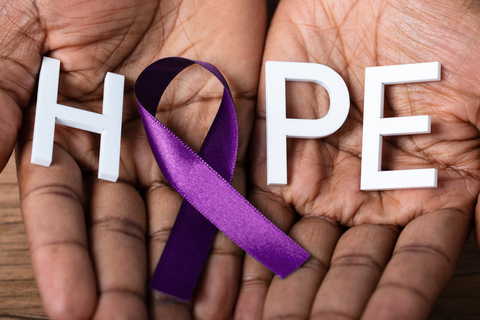Cancer
Neighborhood segregation and cancer prevention guideline adherence in US Hispanic/Latino adults: Results from the HCHS/SOL
Background:
Adherence to the American Cancer Society (ACS) guidelines for cancer prevention is associated with a lower risk of cance...
The association of race/ethnicity in male breast cancer survival within similar comorbidity cohorts
Background:
Concomitant disease is associated with poor breast cancer survival in women and is more prevalent in racial/ethnic minor...
How Structural Racism Affects Triple-Negative Breast Cancer Risk
Some choices – such as whether you exercise, smoke, or drink – can affect your health. But there aren’t many known risk factors for triple-negative...
Exploring cancer care needs for Latinx adults: a qualitative evaluation
Purpose:
Latinx adults with cancer, as compared with non-Latinx White adults, are diagnosed with more advanced stages and experience...
Health-Related Quality of Life by Race, Ethnicity, and Country of Origin among Cancer Survivors
Background:
Typical cancer research studies of health-related quality of life (HRQOL) in the United States do not include country of...
Exploring the intersectionality of race/ethnicity with rurality on breast cancer outcomes: SEER analysis, 2000-2016
Purpose:
Disparities in breast cancer survival have been observed within marginalized racial/ethnic groups and within the rural-urba...
Trending Topics
Features
- Drive Toolkit
Download and distribute powerful vaccination QI resources for your community.
- Health Champions
Sign up now to support health equity and sustainable health outcomes in your community.
- Cancer Early Detection
MCED tests use a simple blood draw to screen for many kinds of cancer at once.
- PR
FYHN is a bridge connecting health information providers to BIPOC communities in a trusted environment.
- Medicare
Discover an honest look at our Medicare system.
- Alliance for Representative Clinical Trials
ARC was launched to create a network of community clinicians to diversify and bring clinical trials to communities of color and other communities that have been underrepresented.
- Reducing Patient Risk
The single most important purpose of our healthcare system is to reduce patient risk for an acute event.



















